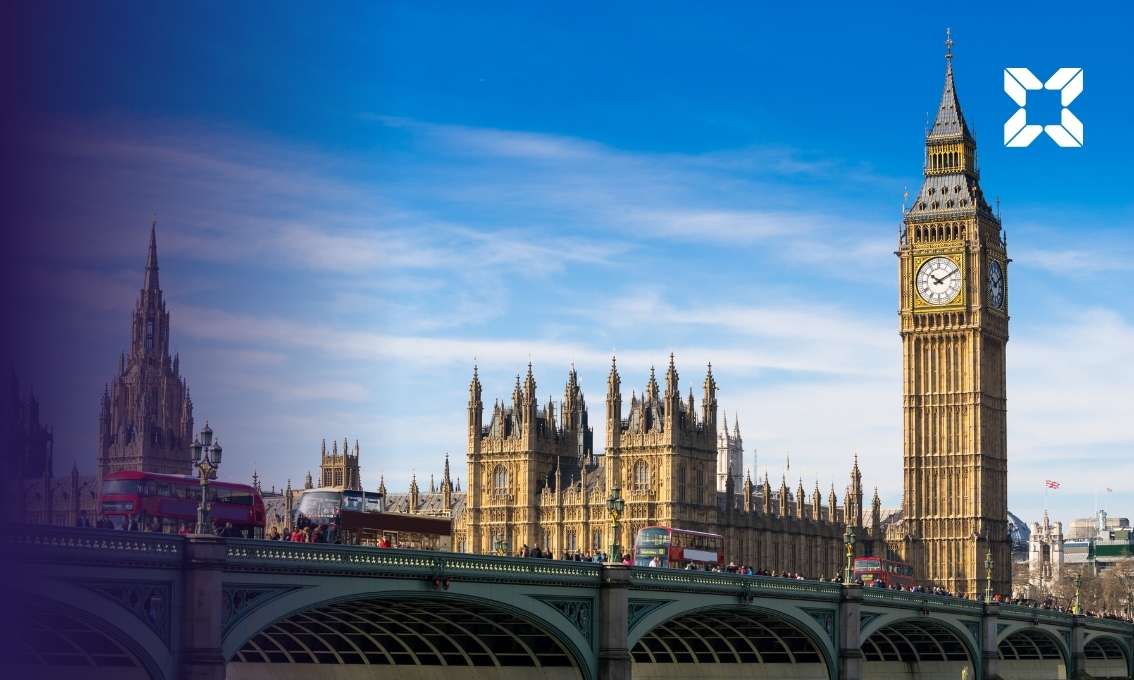
Pension & retirement

Welcome to our Budget 2025 round-up.
Here we list the key announcements with analysis from experts within Fairstone and some potential actions for you to consider.
To talk to one of our advisers today, simply call 0800 884 0840 or click here.
| Personal allowance | £12,570 | 0% |
| Basic rate | £12,571 to £50,270 | 20% |
| Higher rate | £50,271 to £125,140 | 40% |
| Additional rate | £125,141 and above | 45% |
“While the Government has stuck to its promise not to raise headline rates of income tax, National Insurance and VAT, freezing thresholds for three more years will drag more and more people into higher rates of tax.
“To put it in context, if income tax thresholds had risen in line with inflation from 2021, you would not start paying the higher rate of tax until you earned around £65,000. As it is, you’re going to be paying 40% on £15,000 rather than 20% and clients will feel the impact of this if they’re employed.” – Harry Sims, Chartered Financial Planner
If you are close to one of the current tax thresholds, there is a good chance that pay rises over the next four to five years could take you into a higher rate of tax.
This could affect not just your take-home pay but also access to things such as childcare vouchers, which offer up to 30 hours of free childcare per week.
If you or your partner earns over £100,000 a year, your entitlement to this, and other childcare assistance will be reduced.
Talk to an adviser about how you could divert some of your salary into pension savings, which could avoid this cliff-edge scenario, enable you to reclaim some of this childcare support, and help boost your retirement pot.
“The fact that the tax-free lump sum remained the same despite claims that the Government was looking to cut it is a perfect case in point of waiting to hear what is announced in the Budget rather than acting on rumours.” – Oliver Stone, Investment Director.
“While it won’t affect a lot of individuals by a large amount of money, it will make salary sacrifice pension schemes more expensive to run for employers and the introduction of the £2,000 ceiling could cause a potential administration issue.
“Is this the first death knell for salary sacrifice schemes as a whole?” – Mike Palmer, Corporate Financial Adviser
If you are an employee saving into a workplace pension, you now have up to three years to maximise these contributions.
Talk to an adviser on potentially restructuring how you save for your retirement, particularly taking into account the extension of the freeze on income tax thresholds.
If you are an employer operating a salary sacrifice pension scheme, this is a good opportunity to review the scheme in consultation with an adviser since its continuing operation could have quite an impact on your bottom line.
The fact that the change does not come into force until 2029 gives you breathing space to address the issue, potentially in conjunction with other employee benefits you offer.
“Using the stocks and shares ISA wrapper and tax-free allowances is more important than ever, given the reduction in the cash ISA allowance for under 65s, and the savings and dividend tax rate increases for all, potentially applicable to monies held outside ISAs.” – Andrew McErlean, Chartered Financial Planner
“There were no nasty shocks in the Budget – the market reaction has been better than for last year’s Budget – and the Stamp Duty Reserve Tax change for new IPOs is a tiny bit of positivity.” – Oliver Stone
The change to the ISA regime gives investing in a stocks and shares ISA for under-65s a clear advantage over investing in a cash ISA from a tax efficiency point of view.
While investments can go down as well as up, in her Budget speech the Chancellor said that someone who had invested £1,000 a year in an average stocks and shares ISA every year since 1999 would be £50,000 better off today than if they’d put the same money into a cash ISA.
Talk to an adviser about whether investing in a stocks and shares ISA is right for you and, if so, what level of investment risk you would be comfortable with.
“While the surcharge won’t affect the purchase market too much, valuation will be an issue. Who decides whether a property is worth £2m or more and how often will that be valued?
“The changes to taxation on property income will hit the buy to let market. It has been decreasing for quite a while and this will only make it worse.” – Emily Cadmore, Mortgage Adviser
If you currently rent a home, the increase in tax on property income could see rental levels rise further as landlords look to recoup money lost.
Talking to a financial adviser could help you to find the most competitive mortgage rates and get a good deal.
“For business owners taking dividends rather than salaries, they will be paying a bit more tax, so this is not hugely positive for SMEs on a day to day basis.” – Mike Palmer
“VCTs are often the next place higher earners might consider to maximise tax relief, once they have maximised pension contributions so for the likes of C-suite executives and top paid legal/accountancy professionals, this will impact the VCT’s attractiveness as an investment.” – Andrew McErlean
A combination of shrinking tax-free allowances and rising tax rates means that reviewing where you put your money across property, savings and investments is vital to ensure it is working as hard as possible.
An adviser will help you to look at maximising available allowances and allocating your investments in the most tax-efficient way possible in order to achieve your financial goals.
“The rise in the minimum wage is likely to be of more immediate concern to business owners than changes to the salary sacrifice regime. Even business owners who currently pay more than the minimum wage may have to consider pay rises to maintain wage differentials to their competitors.” – Mike Palmer
If you are a business owner, this is likely to add to your wage costs. Talk to an adviser about other workplace benefits which you could put in place to recruit and retain employees – such as group life assurance and private medical cover – but which will cost your business less than a larger across the board pay rise.
Get in touch today to speak to us about any of the issues raised in this article.
You can also download our comprehensive Budget 2025 guide by clicking here.
Disclaimer: This article is for informational purposes only and does not constitute financial, tax, or legal advice. Tax treatment depends on individual circumstances and may change. The value of investments can go down as well as up and you may not get back the full amount you invested. Past performance is also not a reliable indicator of future performance. Always seek professional advice before making financial decisions.
| Match me to an adviser | Subscribe to receive updates |